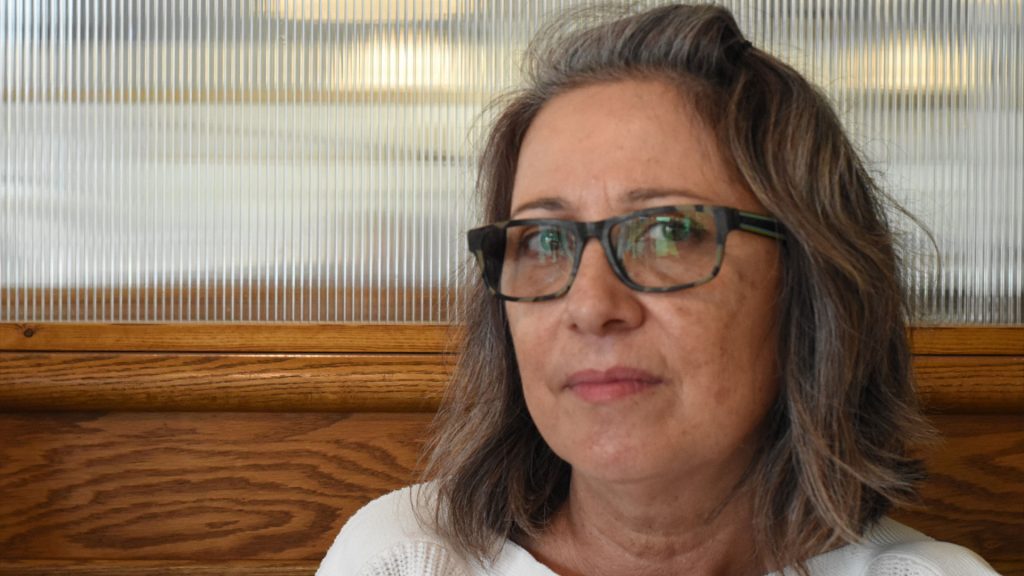
Melody Kohlman-Calihoo went to an advance poll this week to vote in the Alberta provincial election. She went early because she thought it was important.
“It is a close race,” says Kohlman-Calihoo.
Kohlman-Calihoo was already registered to vote so she brought her registration and her status card.
But she was not allowed to vote. She says she may have used her driver’s license in the past.
“I just feel like, you know your address is right there in the slip,” says Kohlman-Calihoo, referring to the voter registration.
According to the Elections Alberta website while they do accept Indian Status cards, people wishing to vote with ID that does not have their address on it need to “provide two pieces of ID, both containing your full name, and with one showing your current physical address.”
Kohlman-Calihoo says she does not feel like this was anti-Indigenous discrimination from the poll workers, but she wants to see a policy change.
“It seems like asking for a second piece of ID, when I already have my voter registration just invalidates my status card,” Kohlman-Calihoo says.
Kohlman-Calihoo says she feels strongly about the importance of being able to use her identity as she is a part of the Michel Band, which lost their land when they enfranchised and Alberta became a province in 1905.
“It is important to me. I use that card as my identification in all that I do and I feel strongly about it.”
She still has until 8:00 p.m. this evening to vote, but says that the inability to use her status card alone “put a bad taste in my mouth about the whole thing.”
According to Elections Canada, from confederation until 1920 First Nations people had no right to vote in provincial or federal elections. The Indian Act said that “registered Indians” were not permitted to vote.
In 1876 the idea of “voluntary enfranchisement” gave registered Indians the ability to surrender their status.
“I want to be recognized with that card,” said Kohlman-Calihoo.
In 1921 the Indian Act was amended for involuntary enfranchisement. Elections Canada says on their website that this was due to low uptake on the voluntary enfranchisement. Women who married outside of their community often lost their status this way, as well as women whose husband decided to be enfranchised.
APTN News asked Elections Alberta if this has come up as many First Nations people across the province have been displaced due to wildfires.
“The reason for the ID listing an address is so we know what ballot to give them,” said Michelle Gurney, a spokesperson for Elections Alberta.
Gurney also added that Elections Alberta does have a process for people who live on a Métis settlement or First Nation to use their status card as their sole identification.
This article has been updated to include comments from Elections Alberta










